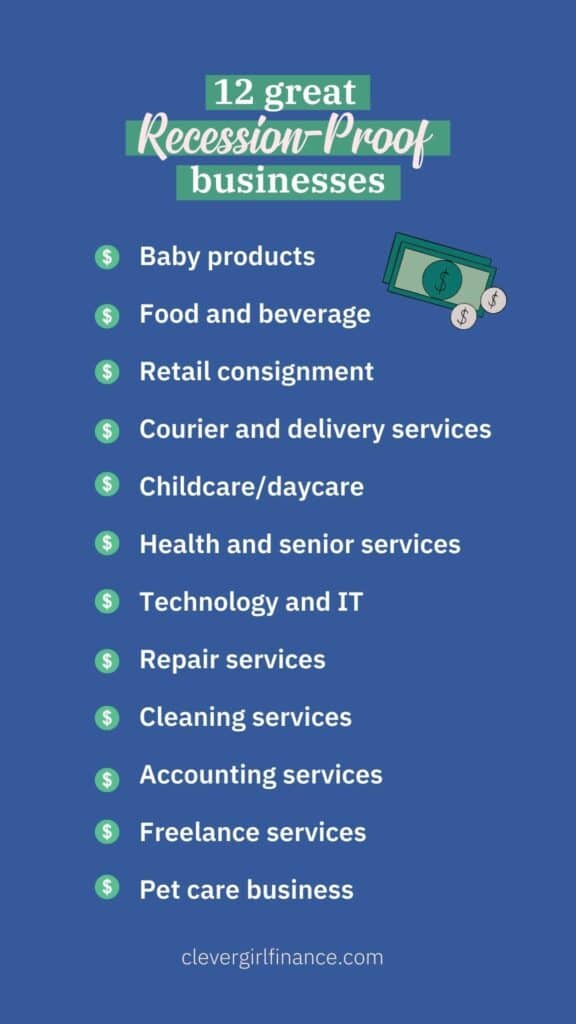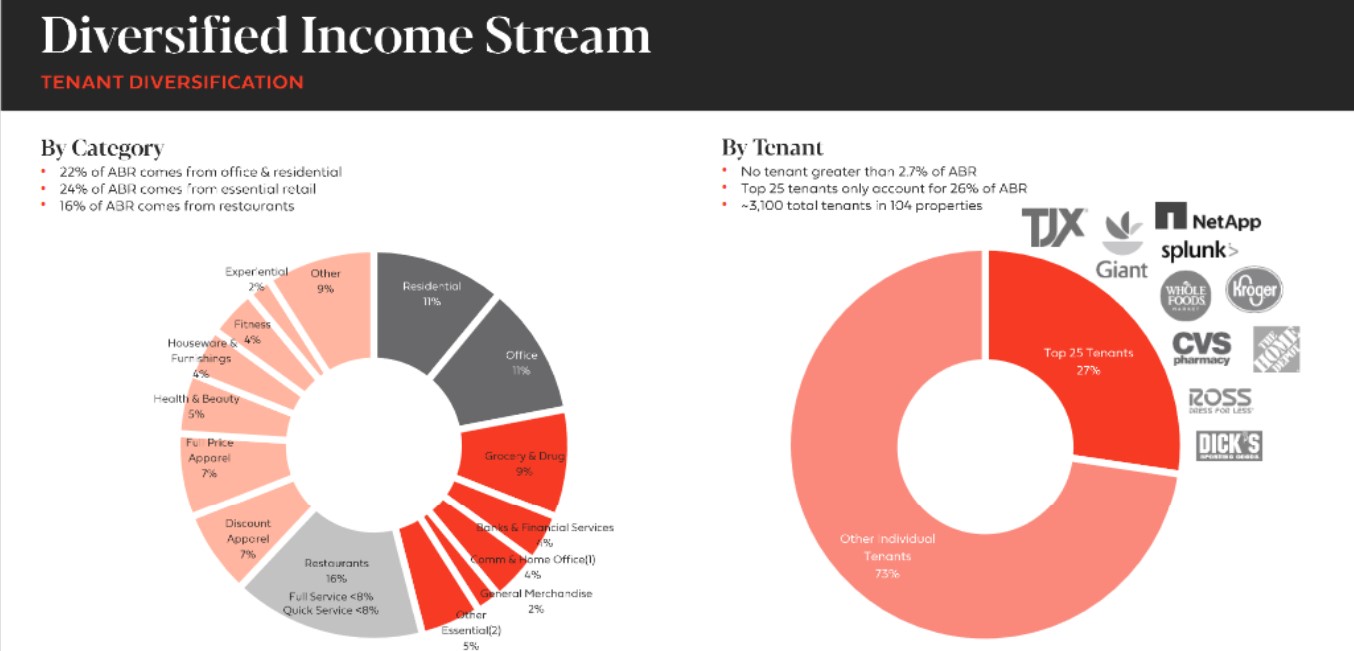
Corporate bonds are debt securities that are issued by private and public corporations. They pay interest twice per year and are typically issued in blocks of 1,000. They can be issued both by public and private companies. You can read on to learn more about corporate bond characteristics and their benefits. The following are key points you should consider when deciding whether you want to purchase this kind of debt. Let's look closer! Why are Corporate Bonds so Popular?
Interest is paid twice a year
What's the deal with corporate bonds? These are loans made by companies to bondholders who pay interest. These bonds mature after the term ends and the bondholder is repaid the face value of each bond. There are several types for corporate bonds. One type is the zero-coupon corporate bond. These bonds don't pay interest and can be sold at a steep discount with the intention to redeem them at their full face value at maturity. A floating-rate bond is a bond that fluctuates with the money-market rate. These bonds are more likely to yield lower returns than fixed-rate securities but have lower principal fluctuations.

Bonds can be issued in blocks of 1,000
The face price of corporate bonds represents the amount that an investor will receive at maturity. Corporate bonds are usually issued in blocks of 1,000 USD, with some exceptions. Baby bonds are usually issued in blocks up to $500. This means that investors will receive $500 upon maturity while a $1,000 corporate bonds is equivalent to $100 worth baby bonds. While the face worth of corporate bonds should be considered, it should not determine their value.
They can be issued by public or private companies
Corporate bonds are debt obligations issued by private and public corporations. These securities promise to return the face value of the bond within a specified time, known as the maturity date. Investors pay regular interest on these securities and receive a payment of principal when the bonds mature. These bonds are rated by credit rating agencies, and the higher the rating, the higher the interest rate. Corporate bonds do not provide any ownership interest in the issuing corporation, and investors have to pay taxes on the interest they receive.
They are a way for companies to raise capital
Large-scale projects can be funded by bonds issued by many companies. This type of financing replaces bank financing and provides long-term working capital. Issue bonds to raise money privately or publicly by companies. They are also able to trade like shares. Investors are given the equivalent of an IOU when bonds are issued. Unlike common stock, however, corporate bonds do not have ownership rights in the company. So bondholders have a greater chance of getting back their investment than common stockholders.

They can be a risky proposition.
Corporate bonds are like any other investment. They can be risky. There may be a substantial gain or loss if the bonds are sold prior to their maturity date. The risk of losing a bond issued over a long period is higher because interest rates are more volatile for longer periods. Investors are more likely to be exposed to higher levels of risk if they purchase corporate bonds with a longer term. This risk can be decreased by investing in corporate bonds that are short-term.
FAQ
What are some advantages of owning stocks?
Stocks are more volatile that bonds. If a company goes under, its shares' value will drop dramatically.
However, if a company grows, then the share price will rise.
For capital raising, companies will often issue new shares. This allows investors buy more shares.
Companies can borrow money through debt finance. This gives them access to cheap credit, which enables them to grow faster.
If a company makes a great product, people will buy it. The stock price rises as the demand for it increases.
The stock price should increase as long the company produces the products people want.
Is stock a security that can be traded?
Stock is an investment vehicle that allows investors to purchase shares of company stock to make money. This is done via a brokerage firm where you purchase stocks and bonds.
Direct investments in stocks and mutual funds are also possible. There are over 50,000 mutual funds options.
These two approaches are different in that you make money differently. Direct investment allows you to earn income through dividends from the company. Stock trading is where you trade stocks or bonds to make profits.
Both of these cases are a purchase of ownership in a business. You become a shareholder when you purchase a share of a company and you receive dividends based upon how much it earns.
With stock trading, you can either short-sell (borrow) a share of stock and hope its price drops below your cost, or you can go long-term and hold onto the shares hoping the value increases.
There are three types of stock trades: call, put, and exchange-traded funds. Call and put options allow you to purchase or sell a stock at a fixed price within a time limit. ETFs, also known as mutual funds or exchange-traded funds, track a range of stocks instead of individual securities.
Stock trading is very popular since it allows investors participate in the growth and management of companies without having to manage their day-today operations.
Stock trading can be a difficult job that requires extensive planning and study. However, it can bring you great returns if done well. You will need to know the basics of accounting, finance, and economics if you want to follow this career path.
How do I invest in the stock market?
Brokers allow you to buy or sell securities. Brokers buy and sell securities for you. When you trade securities, brokerage commissions are paid.
Banks are more likely to charge brokers higher fees than brokers. Banks offer better rates than brokers because they don’t make any money from selling securities.
An account must be opened with a broker or bank if you plan to invest in stock.
A broker will inform you of the cost to purchase or sell securities. Based on the amount of each transaction, he will calculate this fee.
Ask your broker:
-
The minimum amount you need to deposit in order to trade
-
Are there any additional charges for closing your position before expiration?
-
what happens if you lose more than $5,000 in one day
-
How long can positions be held without tax?
-
What you can borrow from your portfolio
-
How you can transfer funds from one account to another
-
What time it takes to settle transactions
-
the best way to buy or sell securities
-
how to avoid fraud
-
How to get help for those who need it
-
Whether you can trade at any time
-
Whether you are required to report trades the government
-
How often you will need to file reports at the SEC
-
whether you must keep records of your transactions
-
What requirements are there to register with SEC
-
What is registration?
-
How does it affect you?
-
Who is required to register?
-
When do I need to register?
What is a Reit?
A real-estate investment trust (REIT), a company that owns income-producing assets such as shopping centers, office buildings and hotels, industrial parks, and other buildings is called a REIT. They are publicly traded companies which pay dividends to shareholders rather than corporate taxes.
They are similar to a corporation, except that they only own property rather than manufacturing goods.
Statistics
- Our focus on Main Street investors reflects the fact that American households own $38 trillion worth of equities, more than 59 percent of the U.S. equity market either directly or indirectly through mutual funds, retirement accounts, and other investments. (sec.gov)
- Even if you find talent for trading stocks, allocating more than 10% of your portfolio to an individual stock can expose your savings to too much volatility. (nerdwallet.com)
- The S&P 500 has grown about 10.5% per year since its establishment in the 1920s. (investopedia.com)
- Ratchet down that 10% if you don't yet have a healthy emergency fund and 10% to 15% of your income funneled into a retirement savings account. (nerdwallet.com)
External Links
How To
How to Trade Stock Markets
Stock trading is the process of buying or selling stocks, bonds and commodities, as well derivatives. Trading is French for traiteur. This means that one buys and sellers. Traders trade securities to make money. They do this by buying and selling them. This type of investment is the oldest.
There are many different ways to invest on the stock market. There are three types of investing: active (passive), and hybrid (active). Passive investors only watch their investments grow. Actively traded investors seek out winning companies and make money from them. Hybrid investors take a mix of both these approaches.
Passive investing is done through index funds that track broad indices like the S&P 500 or Dow Jones Industrial Average, etc. This strategy is extremely popular since it allows you to reap all the benefits of diversification while not having to take on the risk. You can just relax and let your investments do the work.
Active investing means picking specific companies and analysing their performance. Active investors will look at things such as earnings growth, return on equity, debt ratios, P/E ratio, cash flow, book value, dividend payout, management team, share price history, etc. Then they decide whether to purchase shares in the company or not. If they feel that the company's value is low, they will buy shares hoping that it goes up. On the other side, if the company is valued too high, they will wait until it drops before buying shares.
Hybrid investment combines elements of active and passive investing. For example, you might want to choose a fund that tracks many stocks, but you also want to choose several companies yourself. In this case, you would put part of your portfolio into a passively managed fund and another part into a collection of actively managed funds.